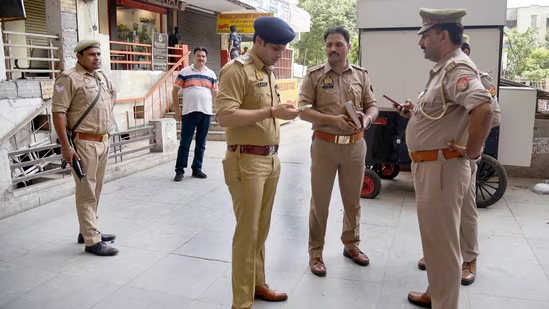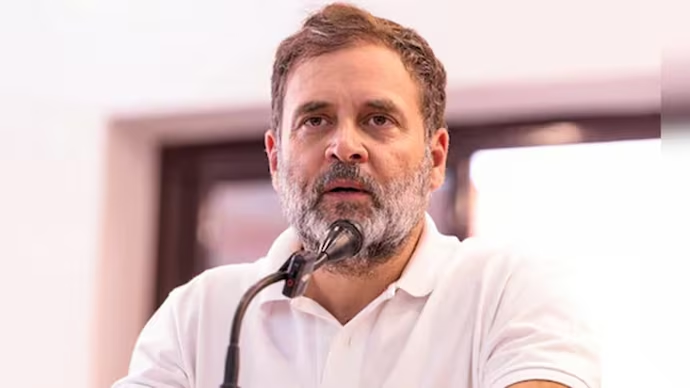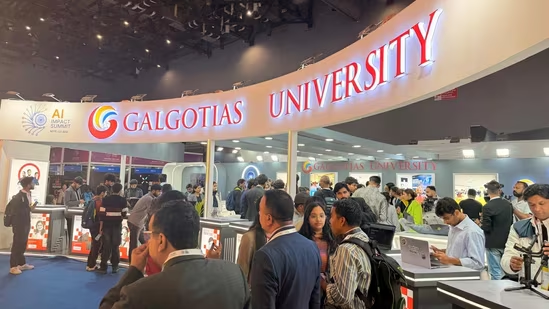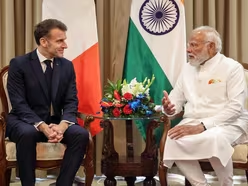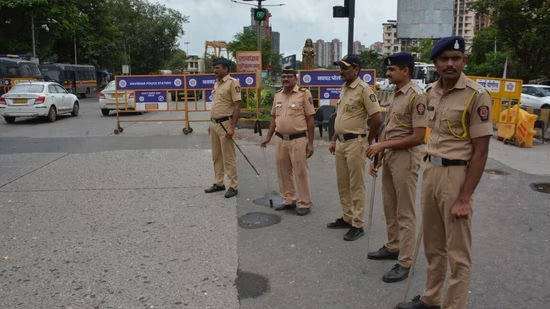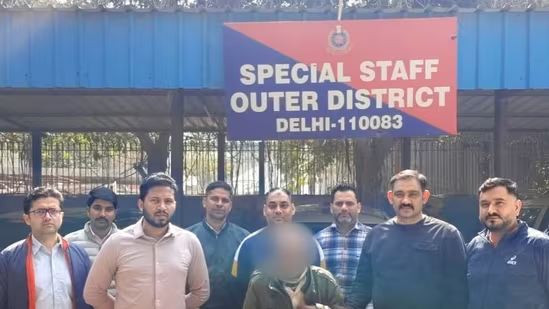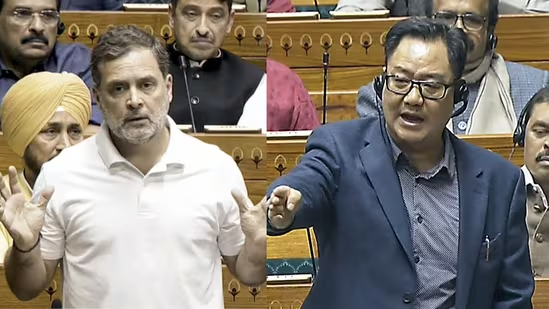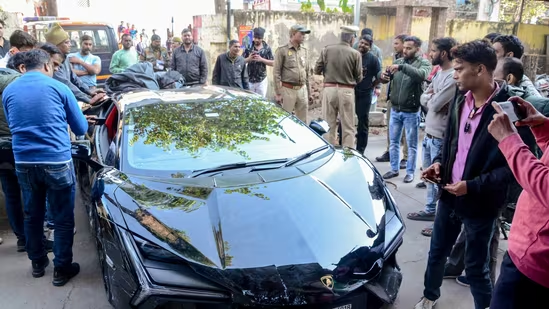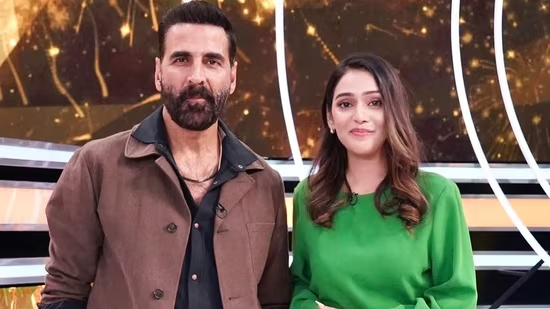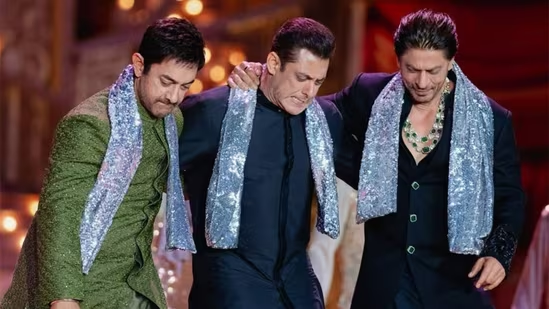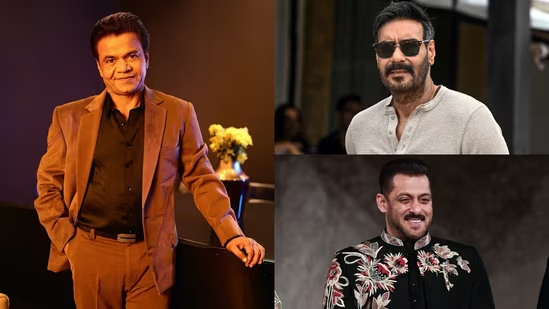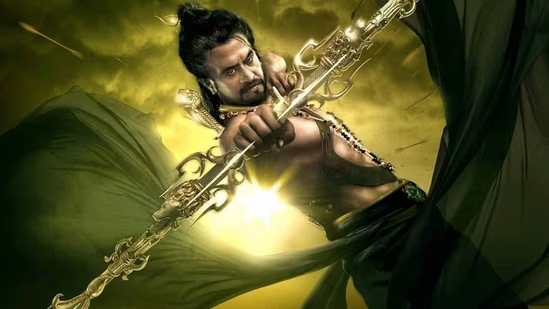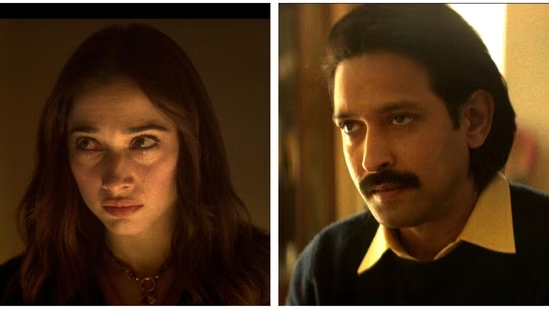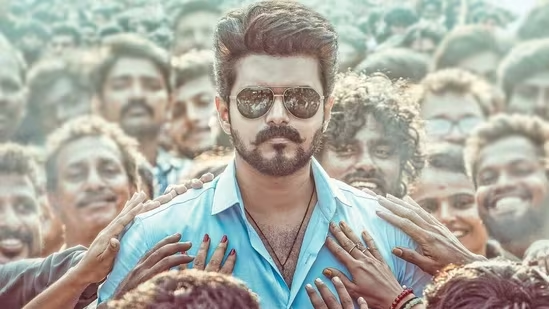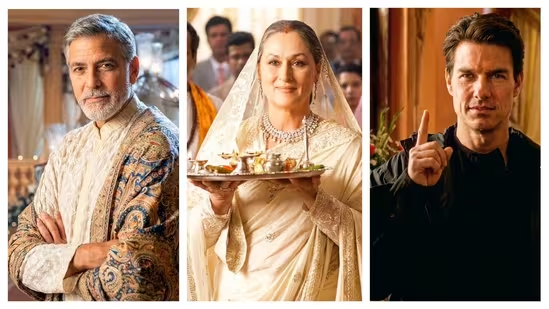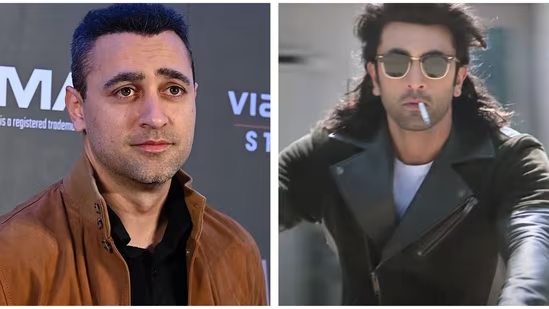The boundaries between overt racism, coded messaging, and inciting hatred frequently blur in the complex dance of political discourse, creating a continuum that influences narratives and galvanises constituencies. Politicians that are skilled at navigating this range are few in number worldwide, including Donald Trump. They do this by employing a variety of strategies to appeal to their supporters while also advancing polarising themes.
Consider Trump’s rise to prominence in the run-up to the 2016 election. Without hesitation, he would go on rampages of outright racism, labelling Mexicans as “rapists, criminals, and drug peddlers.” However, in addition to these blatantly provocative remarks, he deftly used coded language, such as referencing “American family values,” which implied an exclusive narrative to his largely white male fans, implying that certain populations, particularly immigrants, were devoid of these values.
Trump’s catchphrase, “Make America Great Again” (MAGA), alluded to a bygone period that his base frequently idealised and was thought to be liberated from the constraints of racial equality and civil rights. His calls for a restriction on Muslim immigration, couched in the language of protecting against outside threats, and his racially tinged comments referring to the SARS-CoV-2 coronavirus as the “Chinese virus” or “kung flu” further emphasised this mixture of exclusion and nostalgia.
But the speech Trump gave in 2022 at an Arizona campaign rally was crucial in terms of his tone. In a startling aboutturn, he grabbed hold of the story of white victimisation and claimed that racial discrimination prevented white people from receiving life-saving medical care. This story, which represented a flagrant subversion of the civil rights movement’s tenets, recast white Americans as the alleged victims of racism and made a bold appeal to racial fears.
Comparably, Prime Minister Narendra Modi of India has adopted a markedly divisive tone in his recent speeches, which are replete with disparaging remarks about Muslims. Formerly concealed under oblique references and hints, Modi’s use of overt phrases like ‘Musalmaan’ denotes a break from the tactful dog whistle of the past. Alongside this change, BJP officials have been using a lot of aggressive language to portray Muslims as the “other” and inflame tensions within communities.
The way they are interpreted and intended makes a difference between coded messaging and overt racism. Coded language gives politicians plausible deniability by acting as an insider signal that is only detectable by those who are sensitive to its subtleties. But Modi’s shameless use of phrases like “Musalmaan” tears down this façade and exposes the underlying prejudice and hostility towards a particular group of people.
However, there is still a portion of the population that feels more comfortable with plausible deniability than with overt communalism. They use dog whistling as a moral cover, enabling them to separate themselves from overt acts of hatred and covertly supporting stories that perpetuate discriminatory stereotypes.
This move towards overt racism is indicative of a larger effort to legitimise inequality and consolidate power, as well as a shifting political environment. These narratives, which portray Muslims as the ‘enemy’ and feed into anxieties about their perceived domination, divert attention from more important problems like structural injustice and economic inequality while also strengthening support among some sections of the populace.
The BJP’s adoption of overtly divisive discourse in the run-up to the 2024 election represents a break from conventional dog-whistle strategies. This change is not just tactical; rather, it is a reflection of a basic worldview that is based on exclusion and division.
The combination of identity politics, economic concerns, and interpersonal conflicts has made it easier for hateful stories to spread. Politicians foster strife and a vicious cycle of distrust and hostility by taking advantage of these divisions and serving the interests of the privileged class.
In the end, the turn towards overt racism is a sign of a dangerous escalation in political debate that could further sever societal bonds and deepen divisions. It is the responsibility of the electorate to reject divisive discourse and demand accountability from those in positions of power as the lines between coded messages and overt hatred continue to blur. Then, and only then, can we hope to create a future that is more inclusive and equal for everyone.






